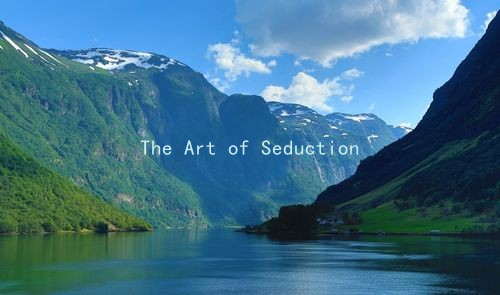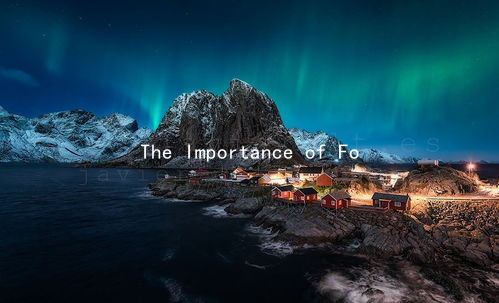The Art of Seduction: Philosophical Insights for Lasting Love
The Art of Seduction: Philosophical Insights for Lasting Love
In the realm of human relationships, the art of seduction transcends mere physical allure; it encapsulates a profound understanding of the self and others. Seduction is not solely about the initial spark of attraction; it is an intricate dance of emotional connection, communication, and the cultivation of intimacy. Drawing from philosophical insights, we can delve deeper into the elements that foster lasting love.
One of the fundamental aspects of seduction is authenticity. In a world saturated with superficial interactions, being genuine sets the stage for deeper connections. Philosophers like Søren Kierkegaard emphasized the importance of the self in relationships, arguing that true love arises from the genuine expression of one’s identity. When you present your true self, you allow others to appreciate you for who you are, creating a foundation of trust and authenticity.
Communication plays a pivotal role in the art of seduction. Martin Buber, in his philosophical work, explored the concept of ‘I-Thou’ relationships, which focus on genuine dialogue and mutual understanding. In romantic contexts, this means engaging in conversations that transcend surface-level topics. Ask open-ended questions that encourage vulnerability and share your thoughts and feelings to foster a deeper emotional connection. By fostering this kind of dialogue, you invite your partner into your world, enhancing intimacy and attraction.
Emotional intelligence is another cornerstone of seduction that should not be overlooked. Emotional intelligence, as described by thinkers like Daniel Goleman, involves understanding one’s emotions and the emotions of others. By cultivating empathy, you can better navigate the complexities of attraction. Recognize the emotional states of your partner and respond with sensitivity. This attentiveness not only deepens your connection but also demonstrates a level of care that can be irresistibly attractive.

Moreover, the art of seduction is about creating shared experiences that foster connection. According to philosophers like Aristotle, the pursuit of eudaimonia, or human flourishing, is best achieved through relationships and shared experiences. Engage in activities that spark joy and elicit laughter. These shared moments create memories, enhancing feelings of partnership and reinforcing the bond between you and your loved one.
Romantic attraction is also heightened by the element of challenge and unpredictability. In the realm of seduction, a touch of mystery can be tantalizing. Philosophers such as Friedrich Nietzsche celebrated the idea of the ‘will to power’—the drive to assert oneself and embrace challenges. In relationships, allowing for a balance between familiarity and mystery can cultivate desire and excitement, keeping the flame of passion alive.
Finally, the ability to navigate conflicts with grace is essential for lasting love. The philosopher Alain de Botton emphasizes the importance of understanding that love is not merely about harmony but also about negotiating differences. Engage in conflict with the mindset of finding solutions rather than winning arguments. The respect and understanding that emerge from this approach create a stronger, more resilient bond.
In conclusion, the art of seduction is intricately woven with philosophical insights that can transform fleeting attraction into lasting love. Embrace authenticity, foster meaningful communication, cultivate emotional intelligence, create shared experiences, maintain a sense of mystery, and navigate conflicts with grace. By incorporating these principles, you can build not only a romantic relationship but a profound partnership rooted in mutual respect and understanding, ultimately leading to a more fulfilling and enduring love.





